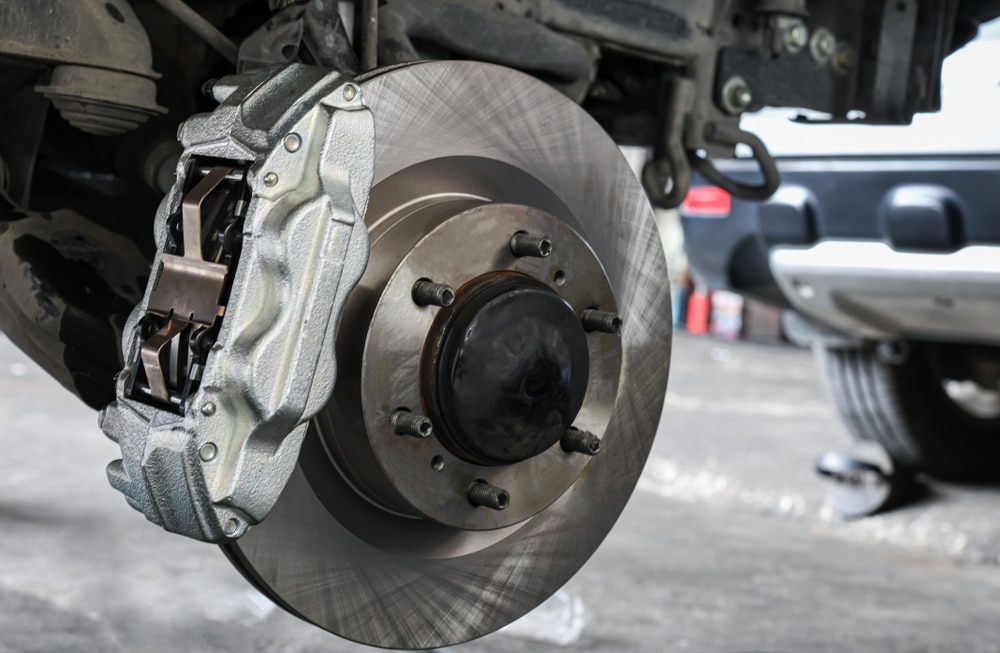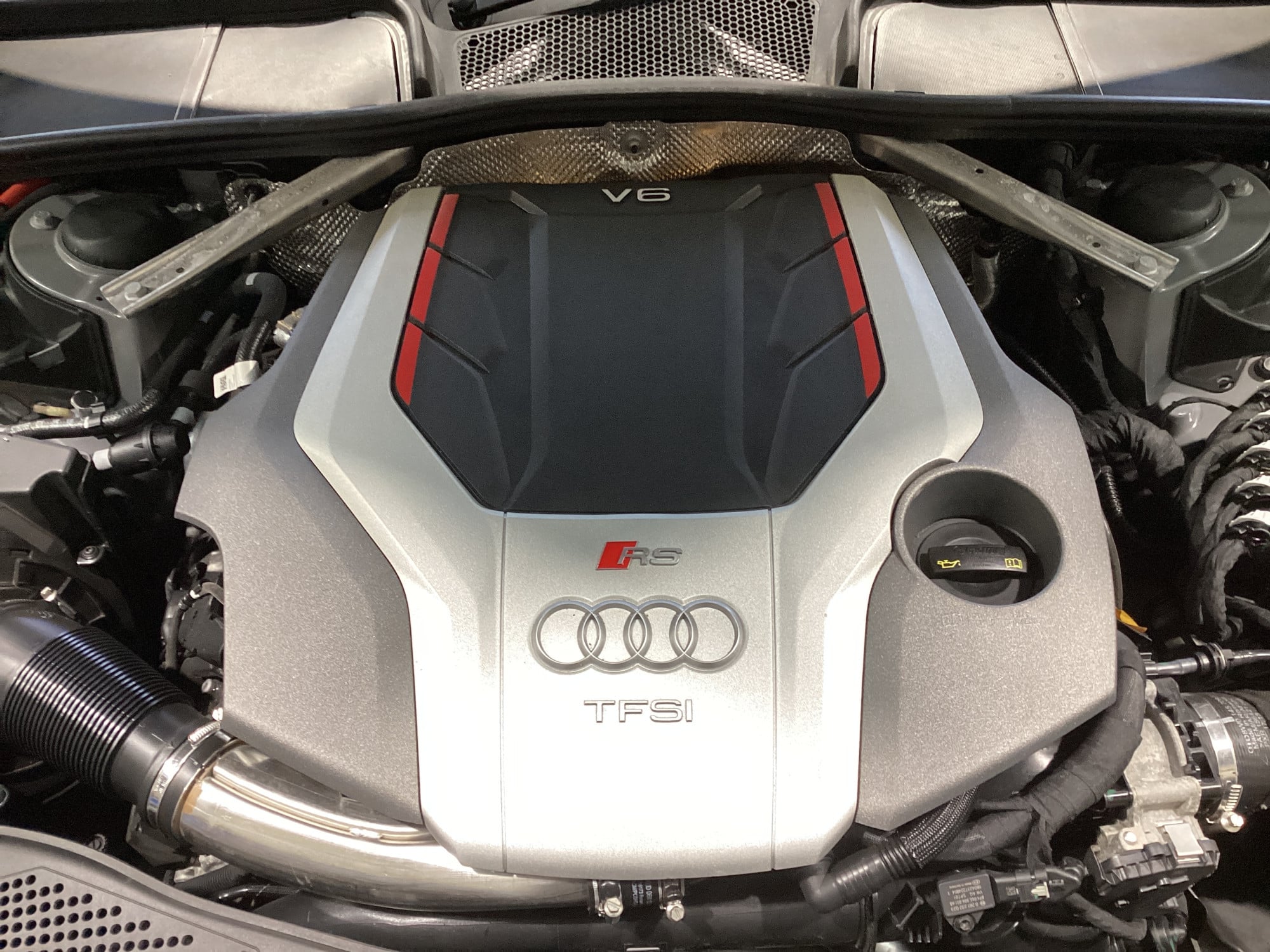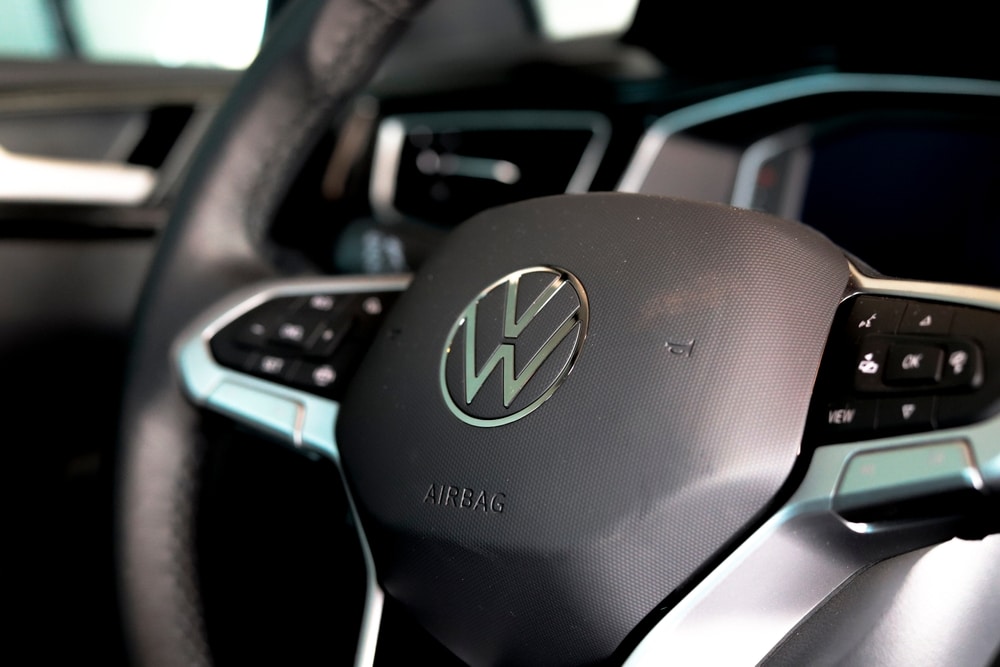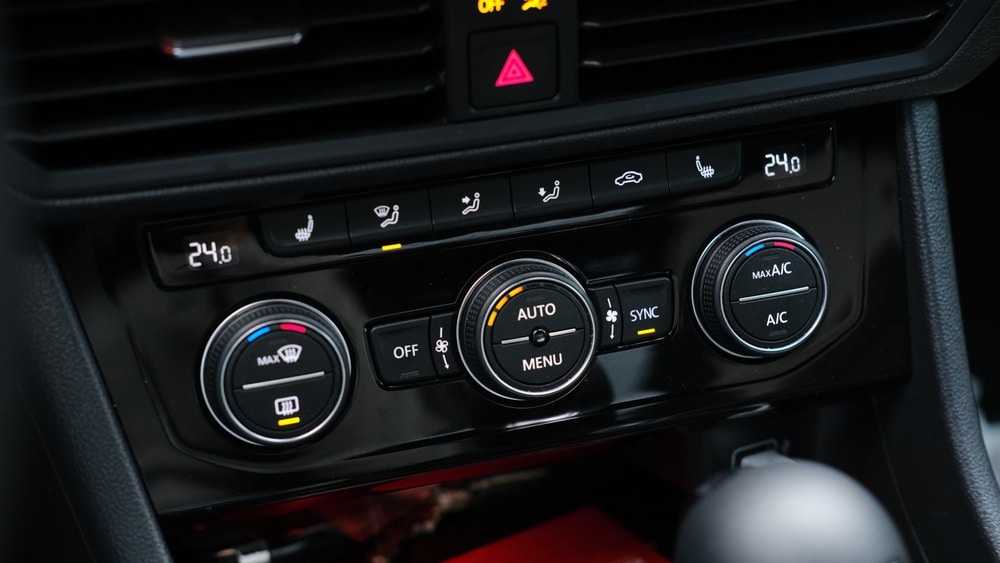Brake Discs
Your braking system is only as effective as the components supporting it, and few parts face more strain than your brake discs. These hard-wearing discs operate quietly in the background, but once wear sets in, performance can deteriorate quickly. If left unresolved, brake disc problems can lead to reduced stopping power, vibrations, or in severe cases, brake failure.
At South Coast Garage in Eastbourne, we carry out expert brake disc and pad replacements for drivers across Hailsham, Lewes and the wider East Sussex region. Our technicians are trained to detect issues early, helping prevent wider system damage and keeping you safe behind the wheel.
We have a {{average-rating}} star Google rating from {{review-count}} satisfied customers, and we’re known locally for professional repairs and attention to detail.
In this guide, we’ll explain how brake discs work, what causes them to wear out, and the symptoms to look out for before they compromise your safety.
Your Brake Discs’ Role in The Braking System
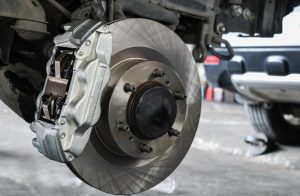
Brake discs are securely fixed to your vehicle’s wheel hubs, which means they spin in unison with your wheels. When you press the brake pedal, hydraulic pressure causes the brake callipers to clamp the pads against the discs. The resulting friction is what slows the vehicle.
Because this process generates intense heat, brake discs are made from cast iron, a material chosen for its durability and heat resistance.
You’ll find brake discs just behind the alloy or steel wheels on most modern cars. Unlike drum brakes, which were more common in the past, disc brakes offer more consistent and reliable stopping power, particularly during repeated or high-speed braking. That’s why manufacturers have steadily moved towards disc setups, especially on the front axle.
At South Coast Garage in Eastbourne, we routinely check the condition of both front and rear brake discs. We inspect for thickness, cracks, uneven wear and heat damage, and we always compare those measurements against the vehicle manufacturer’s safety tolerances.
Even if they look fine from the outside, discs can develop issues that affect braking. A warped disc, for instance, may not be visibly deformed but could still cause vibration, uneven braking or longer stopping distances.
For a better understanding of how your brakes work as a whole, check out our related blogs on Brake Pads and The Braking System Explained.
Understanding the Main Types of Brake Disc
Brake discs may all perform the same task, but the design, structure and materials can vary widely depending on your vehicle’s weight, performance, and usage. At South Coast Garage in Eastbourne, we always match the disc type to your manufacturer’s exact specification, to ensure consistent braking, proper heat dispersion and safe operation.
Here are the main types you’ll come across:
Solid brake discs
Typically found on the rear wheels of smaller vehicles, solid discs are made from a single piece of cast iron. They’re cost-effective and work well under lighter braking loads.
Vented brake discs
Standard on the front wheels of most cars, these discs feature internal vanes that allow air to move through the centre. This design helps manage heat more effectively during heavier or prolonged braking, typical of front brakes which need to deal with a larger force.
Drilled or grooved discs
These offer enhanced performance by allowing gas, water and debris to escape more easily. You’ll often find them fitted to high-performance vehicles or those driven more aggressively.
Carbon or ceramic composite discs
These advanced discs are built to withstand extremely high temperatures and repeated stress without warping. They’re mainly used on sports or specialist vehicles and require specific fitting and bedding-in processes.
At South Coast Garage, we fit only high-quality, OEM-matching brake discs and pads. Every fitting includes full hub preparation, torque settings checked with calibrated tools, and a safe bedding-in procedure to help your new brakes perform from day one.
Reasons Some Brake Discs Wear Out Sooner Than Expected
Brake discs are engineered to last, but real-world driving conditions often accelerate wear. At South Coast Garage in Eastbourne, we’ve seen discs deteriorate earlier than expected for a variety of reasons, some avoidable, some not.
Here are a few of the most common culprits:
Harsh braking habits
Frequent heavy braking raises the temperature of your brake discs rapidly. Over time, this leads to uneven wear, heat spots, or warping, all of which reduce braking efficiency.
Skipping the bedding-in process
New brake discs and pads require a bedding-in period of around 200 miles. This allows the surfaces to wear into each other evenly. Without it, you risk creating uneven deposits that lead to premature wear.
Carrying excess weight or towing
Heavier loads demand more braking force, which puts added strain on the discs. Regular towing or driving in hilly areas can accelerate heat build-up and surface wear.
Sticking callipers
If the brake calliper fails to release properly, the pads can remain in light contact with the disc. That causes constant friction, leading to scoring or wearing one side of the disc faster than the other.
Poor hub preparation
If dirt, corrosion or old adhesive isn’t removed from the hub before fitting, the new disc may not sit flush. This can result in run-out (a slight wobble in rotation), which causes vibration and uneven wear.
Incorrect torque on wheel bolts
Over- or under-tightened wheel bolts can distort the disc, especially if unevenly applied. This distortion may not be obvious at first, but often causes pedal pulsing and degraded braking feel.
Low-grade components
Some aftermarket discs are made from cheaper alloys that can’t tolerate repeated heating and cooling. At South Coast Garage, we always install quality, OEM-matching parts for maximum safety and durability.
Spotting these risks early can prevent bigger problems down the line. Next, we’ll look at the signs to watch for.
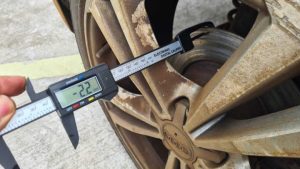
How to Tell If Your Brake Discs Are Starting to Fail
Brake disc problems don’t always announce themselves loudly, but there are signs to look out for. At South Coast Garage in Eastbourne, we regularly spot disc issues during standard checks, even when the driver hasn’t noticed anything unusual.
If you’re experiencing any of the following symptoms, it could be time to book a brake check:
Pedal pulsing or vibration when braking
This often indicates a warped disc or uneven surface. The feedback may be felt in the pedal or sometimes through the steering wheel, especially when braking at speed.
Grinding or squealing noises
Screeching can point to worn pads or surface deposits on the disc. If it progresses to a grinding sound, it usually means the pads have worn down completely, and the metal backing is cutting into the disc.
Visible grooves or heat spots
If you can see your discs through the wheels, check for deep scoring or patches of discolouration. These can signal excessive wear or overheating and usually mean replacement is needed.
Acrid or burning smells
This can occur after repeated hard braking or when a sticking calliper keeps the pads in contact with the disc. The resulting heat build-up creates that sharp smell and can damage the disc’s surface.
Brakes feeling weaker or ‘spongy’
This could suggest that heat has transferred into the brake fluid, reducing its effectiveness. While the fluid is the root cause, overheated or worn discs may be part of the chain reaction.
At South Coast Garage, we don’t stop at the obvious. Our team inspects brake discs thoroughly, measuring thickness, checking wear patterns, and ensuring they meet safety standards for your specific make and model.
What Can Happen If Brake Discs Are Left Too Long
Brake disc problems tend to get worse over time, and delaying a replacement can lead to more serious issues. At South Coast Garage in Eastbourne, we’ve seen how delayed disc replacements can turn a minor issue into a major repair.
Here’s what can happen if worn discs aren’t addressed promptly:
Stopping distances increase
As disc surfaces degrade, the pads can no longer grip effectively. That leads to reduced braking force and longer distances before the car comes to a halt.
Discs may crack or fracture
Continued use under heat and pressure can cause surface cracks to deepen. In extreme cases, this can result in parts of the disc breaking away entirely.
Braking feels unstable
A warped or uneven disc causes inconsistent contact with the pads, resulting in vibration or changes in pedal feel, all of which undermine driver confidence.
Brake fluid can overheat
Excess heat from worn discs may transfer into the brake fluid. When fluid boils, vapour forms and becomes compressible, making it harder to stop the car effectively when you need to.
Other components wear faster
Neglecting the discs can cause premature wear in related parts. Pads wear unevenly, callipers work harder, and the whole braking system becomes compromised.
At South Coast Garage, we don’t just replace discs. We check the entire braking system to identify the root cause of wear and prevent future issues. That means safer driving, and fewer surprises down the line.
Book a Brake Disc Check at South Coast Garage in Eastbourne
If your brakes feel different, or you’ve noticed unusual sounds, vibration, or longer stopping distances, it’s time to have them checked.
At South Coast Garage in Eastbourne, we inspect the full braking system, including front and rear brake discs and pads. We measure thickness, check for heat damage, surface wear, and compare each component to the manufacturer’s safety guidelines.
If a brake disc replacement is needed, we use only quality, OEM-matching parts and follow precise fitting procedures. That includes preparing the hub correctly, applying the right torque settings, and advising on a safe bedding-in period for new discs.
We support drivers from Eastbourne, Hailsham, Lewes and across East Sussex, and every job comes with a 12-month parts and labour guarantee. We also offer courtesy cars to keep you mobile while your vehicle is in for repair.
We have a {{average-rating}} star Google rating from {{review-count}} satisfied customers, and we’re here to make sure your brakes keep you safe.
📞 Call South Coast Garage on 01323 734473 to book your brake check.
